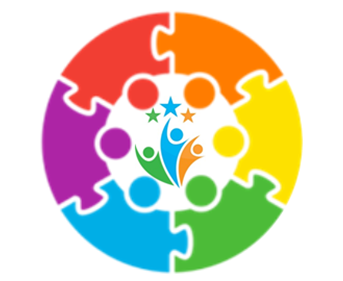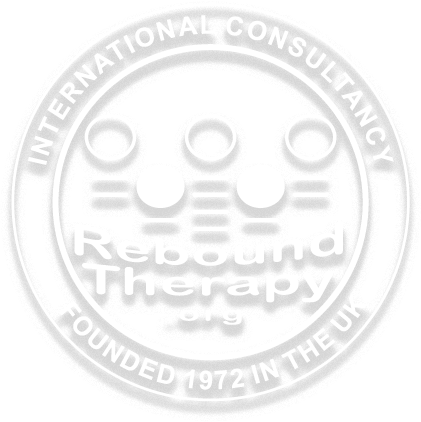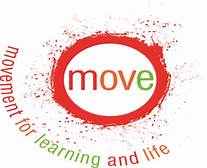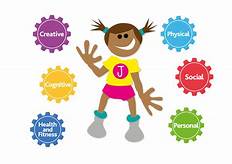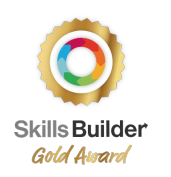Core- PSHE/ RSE/ RE

Within our school we aim to provide our students with opportunities to develop/ further develop a positive self-image, make choices/ decisions, keep themselves safe and develop their personal autonomy by successfully offering a well-balanced and effective curriculum that builds upon personal experiences and promotes safety and aspiration for all, that is apparent and successfully tracked from when pupils arrive in EYFS and leave at post 16 for further education or additional learning opportunities linked to their adult life choices.
Intent
The Trust schools acknowledge the core overarching themes identified by the PHSE Association; through the design of a cross curricula approach we aim to provide our learners with the opportunity to:
- Further develop a positive self-image for all individuals, enabling them to make choices and decisions in life.
- Develop personal autonomy by having a degree of responsibility and control over their lives by enabling them to explore, express and communicate their needs, feelings and opinions
- Develop/further develop the skills, language and strategies they need in order to live healthy, safe, fulfilling, responsible and balanced lives
- Find out that there are different viewpoints which can lead to a respect for the opinions of others
- Seek help and guidance from others in relation to their personal safety and welfare
Implementation
PSHCE at Nancealverne School is delivered through understanding the world in EYFS, delivered as a core subject from KS1 through to KS4 and as a core part of the Preparing for adulthood curriculum in Post 16. Long term planning is driven by the implementation and development of key skills within the area of PSHCE and is interweaved through all subjects linked to the National curriculum within a rolling programme to ensure breadth, depth and balance, with the three core themes being; Term 1: relationships. Term 2: living in the wider world and Term 3: Health and wellbeing.
The PSHCE curriculum additionally weaves through the SPT behaviour/well-being policy and sensory integration policy which addresses our learners’ needs; this ensures we are able to secure our learners development in this area and in their skills in relation to behaviour and safety.
All staff are involved in the teaching of PSHCE which includes citizenship paying due regard to a pupils chronological age and their developmental stage (this is particularly relevant when teaching RSE and therefore guides our school offer). It therefore seeks to be flexible by being responsive to individual need, developmental need and learning style.
Throughout the PSHCE curriculum there are many opportunities to link PSHCE to other areas of the curriculum. These will be identified through coloured text linking to the subject areas in planning documents.
Impact
To prepare pupils for both their futures and their present day-to-day lives. Pupils have the opportunity to recognise and reflect on how the area of learning is relevant to them and can be applied in their own lives. To provide a context to progressively expand and enrich overarching concepts and transferable skills through pupils learning that they can utilise throughout their educational and adult lives.
Impact is measured through: EHCP/ IEP provision and outcomes through Evidence for Learning, learning walks, professional feedback from outside agencies, SPT and whole school moderation, subject monitoring and B Squared assessment processes including back track assessment.

It is taught through a range of both holistic and focused approaches that foster personal development of all pupils.
Our curriculum offer enables pupils to make purposeful connections and links with their lives and with that of those around them within their communities and societies and ensures it promotes personal development, social and emotional wellbeing as well as personal values, that underpin the British Values taught in schools and our society today.
Early Years Foundation Stage (EYFS):
- Developing self-awareness, self-confidence, and self-esteem.
- Recognizing and managing feelings and emotions.
- Understanding the importance of positive relationships and friendships.
- Promoting a healthy lifestyle, including basic personal hygiene.
- Learning about basic safety rules and practices – fire, water and road safety.
- Introducing how we can stay safe online.
Key Stage 1 (KS1):
- Developing a sense of personal identity and self-worth.
- Understanding and respecting similarities and differences among individuals and communities.
- Recognizing and managing emotions effectively.
- Developing positive relationships and interpersonal skills.
- Understanding who we can trust.
- What services help us in emergencies and how to call for help.
Key Stage 2 (KS2):
- Promoting healthy eating and physical activity.
- Learning about the value of money and saving.
- Know when to call 999 and who can help us.
- Medicine, fire, water and road safety.
- To understand and identify who we can trust.
- Identifying risks and how to keep safe.
Key Stage 3 (KS3):
- Exploring personal values, beliefs, and identity.
- Developing critical thinking and decision-making skills.
- Understanding and managing emotions and mental well-being.
- Developing healthy relationships and understanding consent.
- Introduction to ASDAN accreditation (New Horizons).
- Identifying future work prospects.
- Understanding boundaries, consent, risk taking and personal safety.
- Identifying trustworthy adults and helpful adults/services.
Key Stage 4 (KS4):
- Promoting physical and emotional health, including sex education and substance abuse prevention.
- Developing financial literacy and economic understanding, such as budgeting and career choices.
- Links to ASAN accreditation modules and PSHCE development linked to functional skills and life -long learning.
- Drug safety and services that help us.
Key Stage 5 (KS5):
- Exploring personal values and ethical considerations.
- Developing independent thinking and decision-making skills.
- Understanding mental health and well-being and seeking support when needed.
- Exploring issues related to relationships, consent, and sexual health in more depth.
- Developing financial management skills, including understanding loans, mortgages, and taxation.
- Exploring career choices and developing employability skills.
Whilst we follow the objectives of a structured subject-specific curriculum, we offer highly differentiated and personalised learning programmes. We deliver a specialist, high-quality, and relevant education. This focuses on personal skills and academic achievement, setting high expectations for all. We appreciate that students may not be working at age-related or key-stage expectations, and therefore measure progress from individual starting points.

